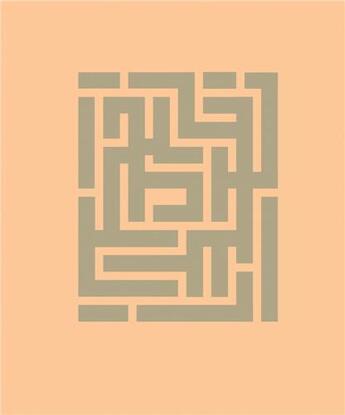-
Date de parution : 10/05/2022
-
Editeur :
Dap Artbook
-
EAN : 9781733497121
-
Série :
(-)
-
Support :
Papier
Résumé:
A meditation on the meaning of text-image collaboration, from the author of Sprawl and Margaret the First.
Author Danielle Dutton's A Picture Held Us Captive asks what it means for a writer to work with someone or something else--to make art in dialogue with an energy not one's own. Dutton... Voir plus
A meditation on the meaning of text-image collaboration, from the author of Sprawl and Margaret the First.
Author Danielle Dutton's A Picture Held Us Captive asks what it means for a writer to work with someone or something else--to make art in dialogue with an energy not one's own. Dutton (born 1975) explores ekphrastic fiction, looking at a wide range of writers and artists including John Keene and Edgar Degas; Eley Williams and Bridget Riley; Ben Lerner and Anna Ostoya; Amina Cain and Bill Viola; Lydia Davis and Joseph Cornell; as well as her own textual responses to visual artists Richard Kraft and Laura Letinsky. A Picture Held Us Captive--which includes a series of images at once illustrative and refusing simple illustration--considers the ways in which ekphrasis operates as a diptych. A work of both commentary and self-reflection, Dutton considers a dialectic between art's ability to make strange what has grown familiar and the writer's desire to make recognizable the experience of one artwork in the space of another.
Danielle Dutton is an American writer and the cofounder of the feminist press Dorothy. Born in California in 1975, Dutton now resides in Missouri where she teaches creative writing at Washington University in St Louis. She has authored four books, including Sprawl and Margaret the First. She contributed the text to Here Comes Kitty: A Comic Opera, a book of collages by Richard Kraft. Her fiction has appeared in major publications such as the Paris Review, Harper's and Guernica.
Donner votre avis















